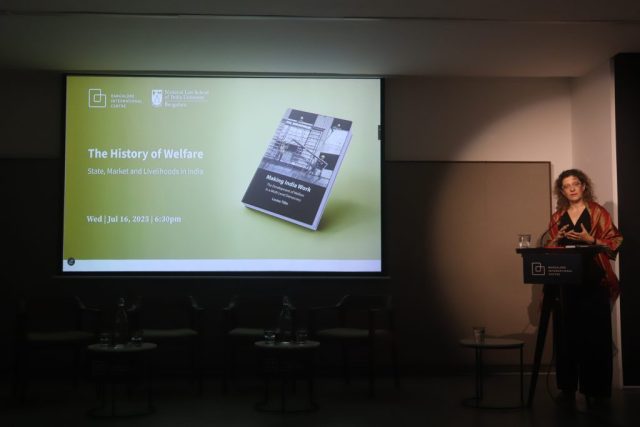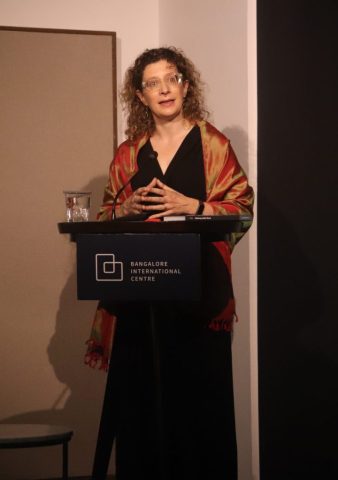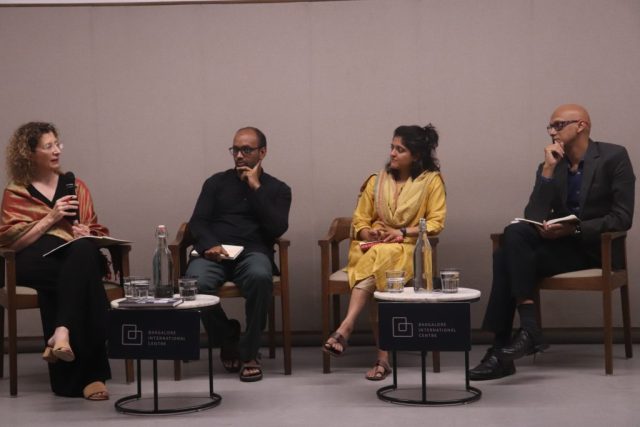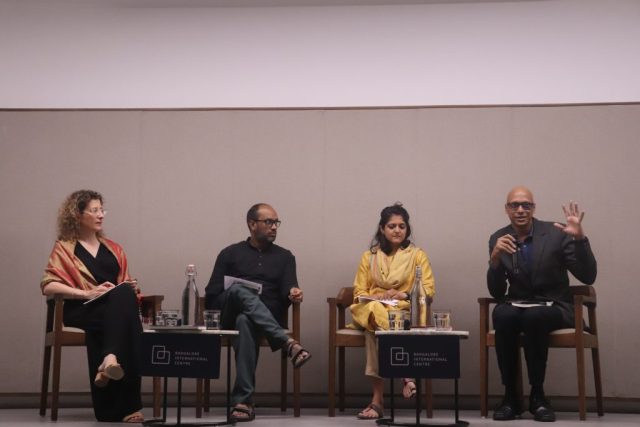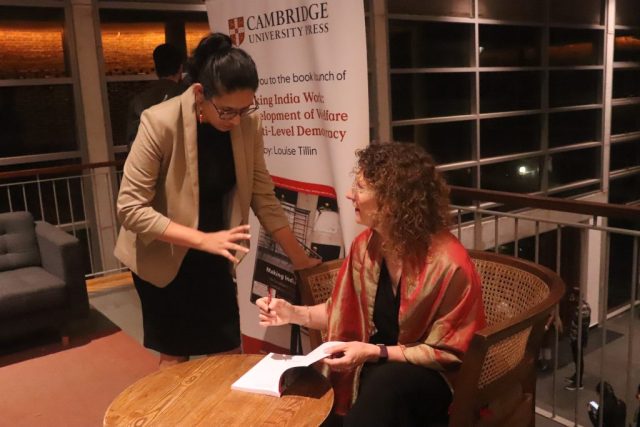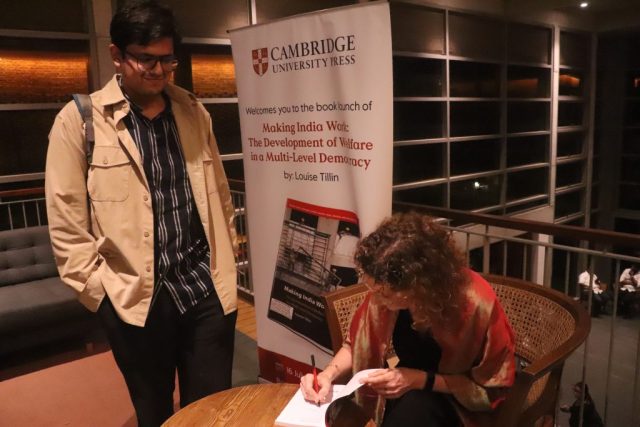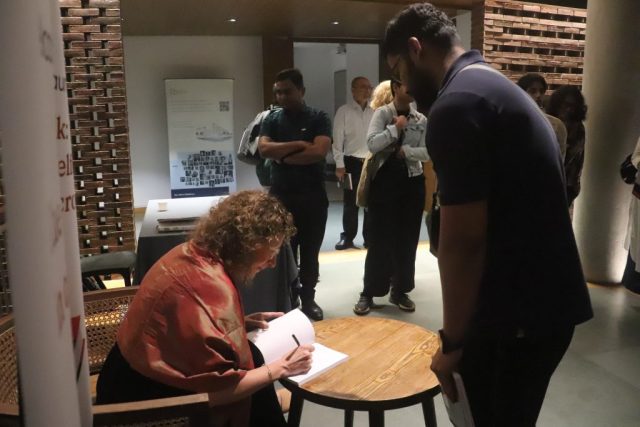NLSIU invites interested persons to offer Elective Courses at the University in the second trimester (November 3, 2025 to January 23, 2026) of the Academic Year 2025-26.
An elective course at NLSIU requires 40 hours of classroom engagement spread across 10 weeks and two office hours every week for consultation and discussion with students.
All classes of full-term elective courses shall be conducted in-person at the NLSIU campus in Bengaluru.
On request and availability, the University may support Visiting Faculty with an Academic Associate to assist with the delivery of the course.
Elective Courses vary in their focus and pedagogy. Three types of Elective Courses are common at NLSIU:
- Taught Course (predominantly lecture/discussion-based, with an exam);
- Research Course (focussed on review of primary and secondary research leading to a Term Paper);
- Practice or Clinical Course (focussed on field work, simulation, drafting or litigation exercises taught and examined through the clinical methods).
All classes shall be held between 9 am and 7 pm on weekdays only. Most elective courses are usually scheduled between 2 pm and 7 pm.
The University will reimburse one economy-class airfare, to-and-fro from Bengaluru for domestic flights only. The University will make necessary arrangements for accommodation for individuals selected to teach electives after mutual discussion for an initial 10 days from the commencement of the Trimester only. The University will not be able to provide any reimbursement for international flights.
Individuals who are desirous of teaching elective courses at NLSIU must invariably possess a graduate and post-graduate degree in Law or the Social Sciences. Post-qualification experience of 3 years or more will be preferred. Alternatively, they may have at least 7-10 years of post-qualification experience in legal practice. Individuals who have published widely in their fields of expertise, shall be preferred.
To apply, kindly fill out the form here. The last date to submit the form is August 15, 2025.
Your proposal shall be reviewed by the Academic Review Committee (ARC) of the University. The course shall be finalised after registration of choices by students. Please note that a course is offered only if it meets: (1) the approval of the ARC, and (2) a minimum number of students, as required by the University’s Academic Regulations, subscribe for the course.
For any academic queries please contact Dr. Saurabh Bhattacharjee at . For any other queries, please contact Mr. Shailendra Pratap Singh at .
FAQs
Here are some FAQs that will help you gain a better understanding of the electives courses and the process for applying to teach these courses. To know more, please click here.

 Outlook-ICARE Rankings 2025: Top 13 Government Law Institutes | July 2025
Outlook-ICARE Rankings 2025: Top 13 Government Law Institutes | July 2025 THE WEEK-Hansa Research Survey 2025: India’s best colleges | June 2025
THE WEEK-Hansa Research Survey 2025: India’s best colleges | June 2025 India Today Best Colleges | June 2025
India Today Best Colleges | June 2025
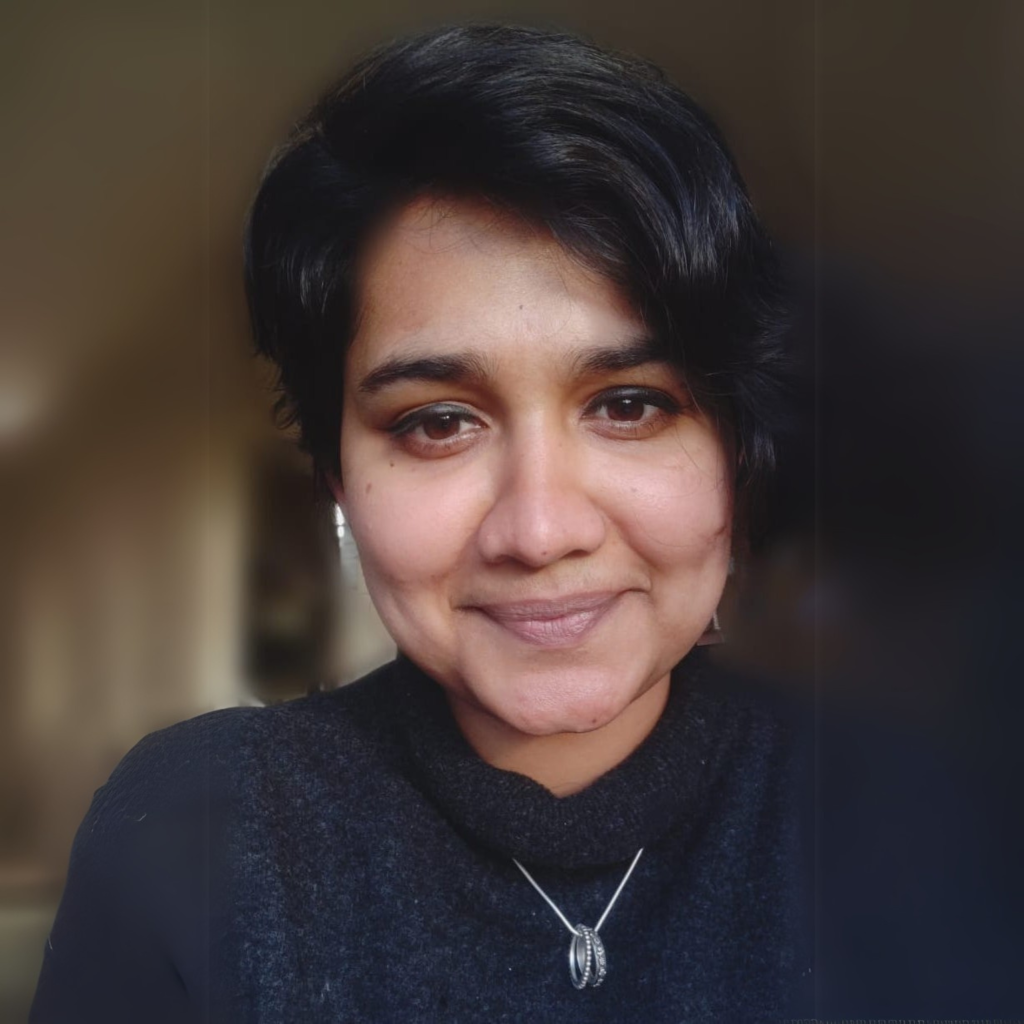 NLS faculty
NLS faculty ![[Left to Right] Mr. Devesh Pandey [PhD Scholar]; Mr. Anubhav Bishen [PhD Scholar]; Dr. Devyani Pande [Assistant Professor, Public Policy]; Mr. Manish [Assistant Professor of Law]; Prof. (Dr.) Sony Pellissery, Professor & Co-Director, Centre for the Study of Social Inclusion](https://www.nls.ac.in/wp-content/uploads/2025/07/ICPP7-scaled-e1752146871299-1024x935.jpeg)
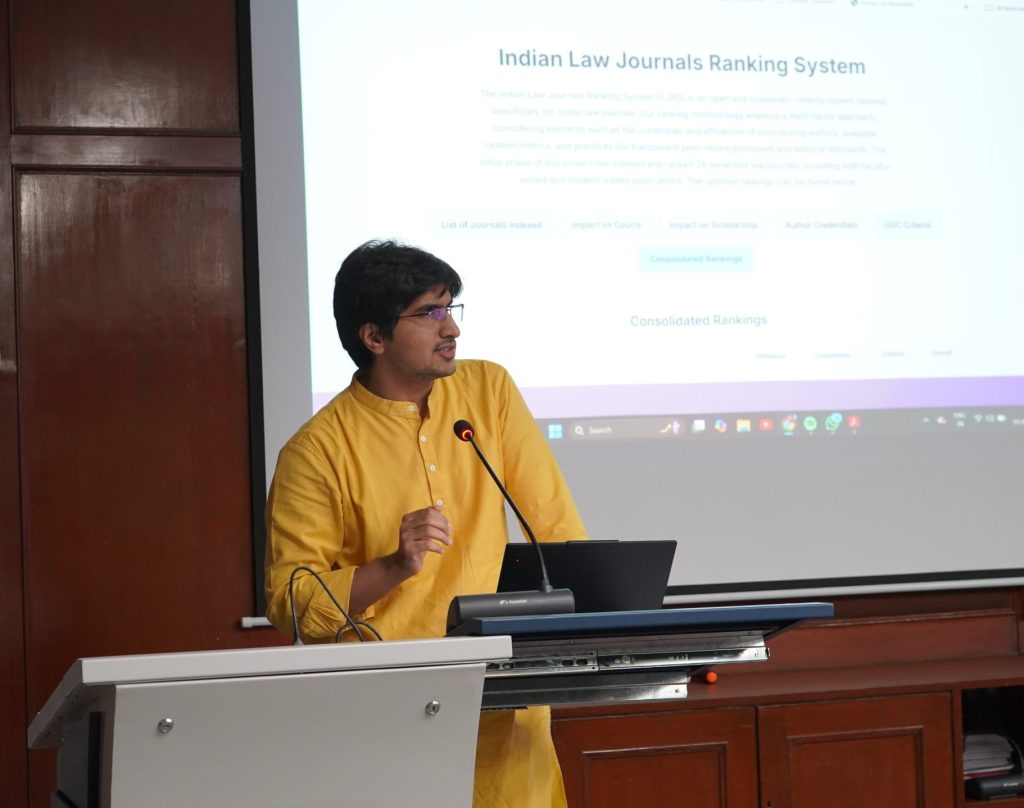 We kicked off the new academic year’s faculty seminars with a presentation by
We kicked off the new academic year’s faculty seminars with a presentation by 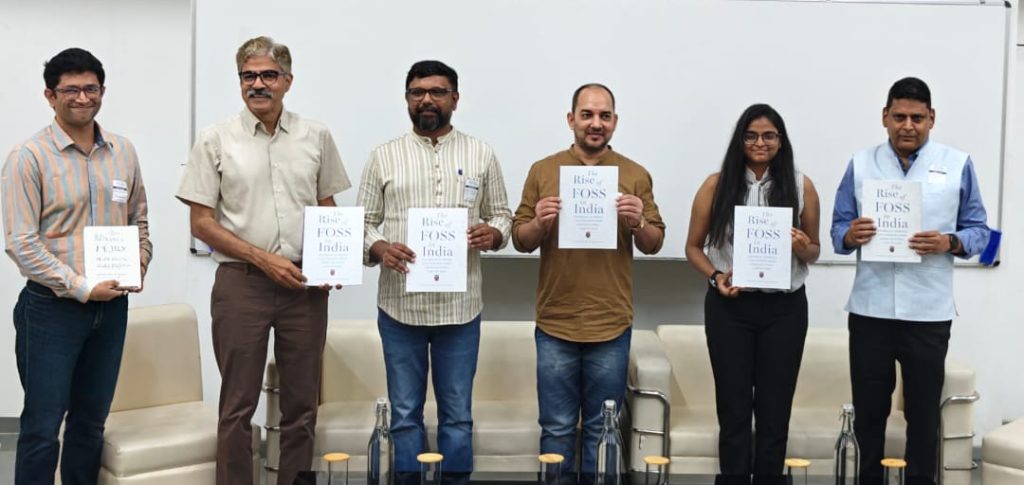 The National Law School of India University (NLSIU), Bengaluru, had undertaken a research
The National Law School of India University (NLSIU), Bengaluru, had undertaken a research 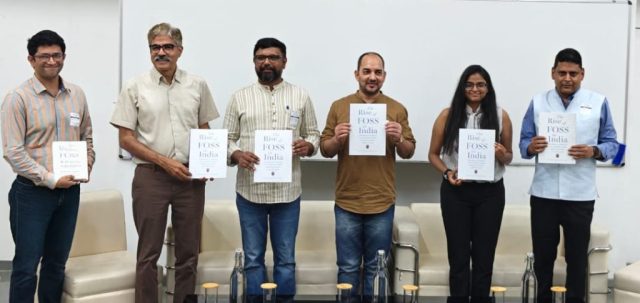
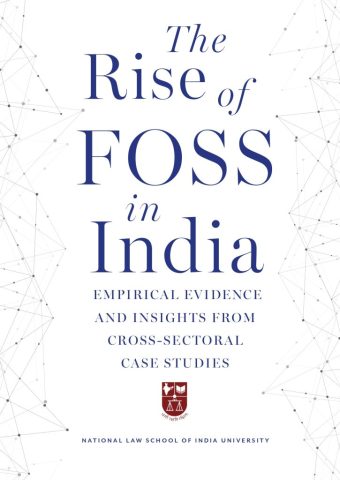
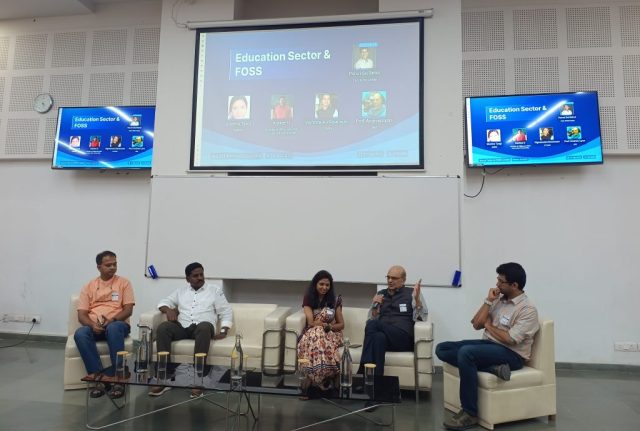
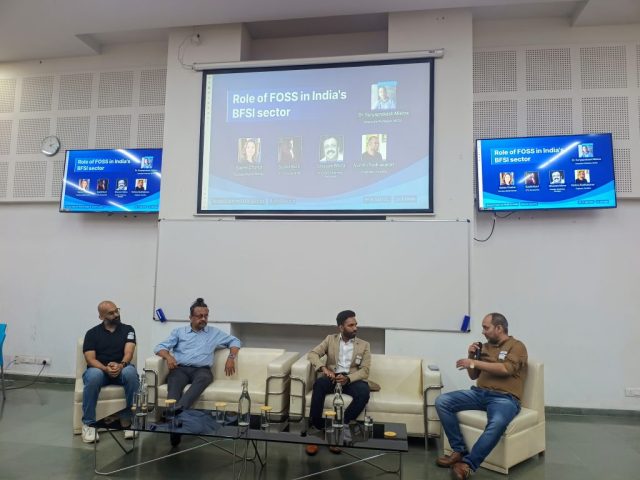
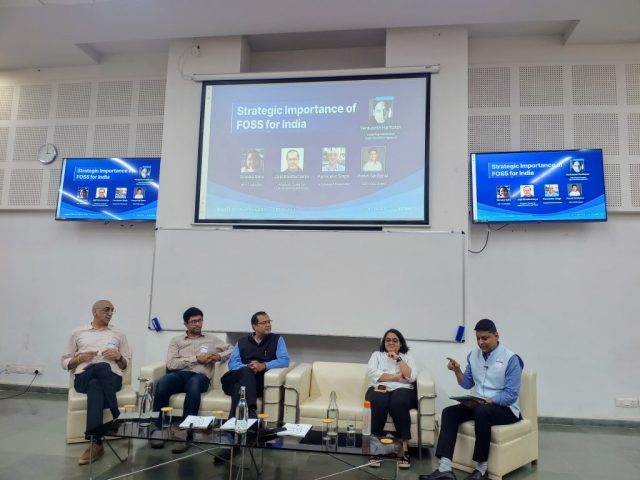
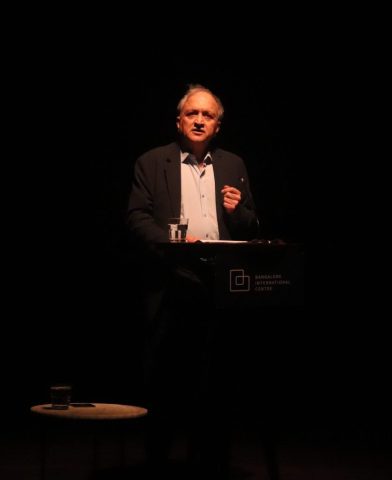
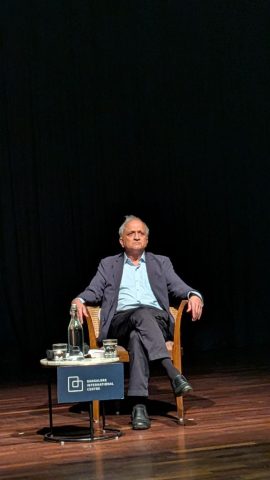
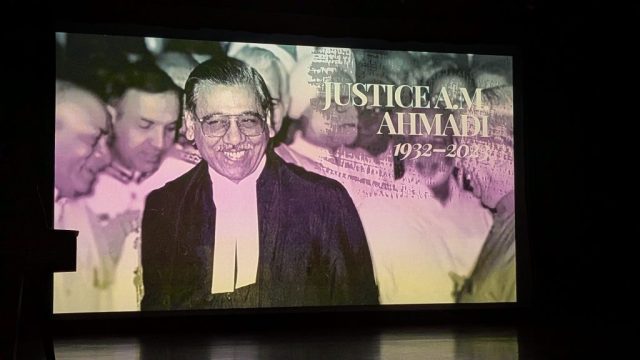
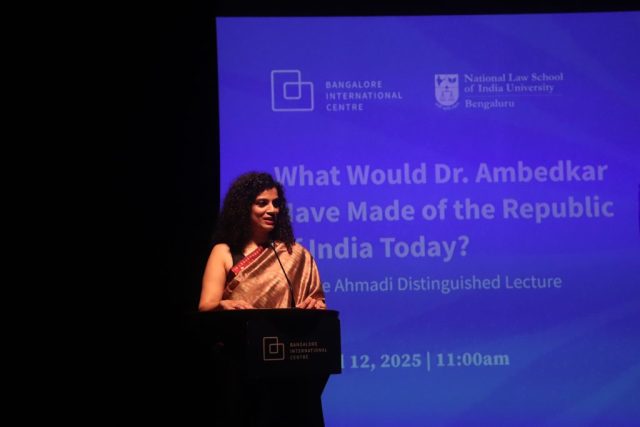
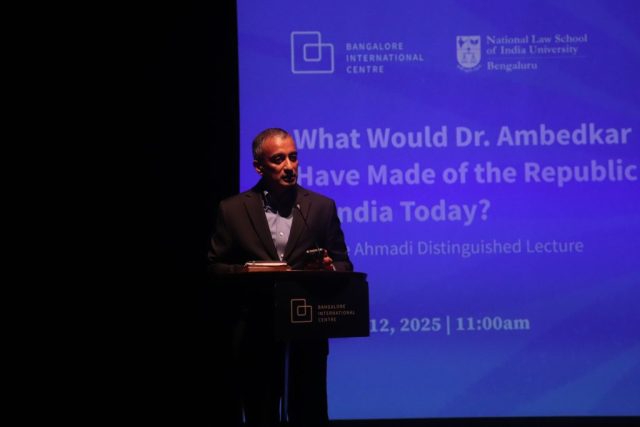
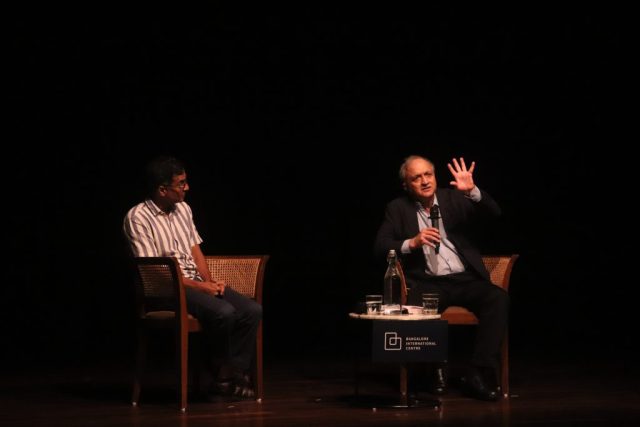
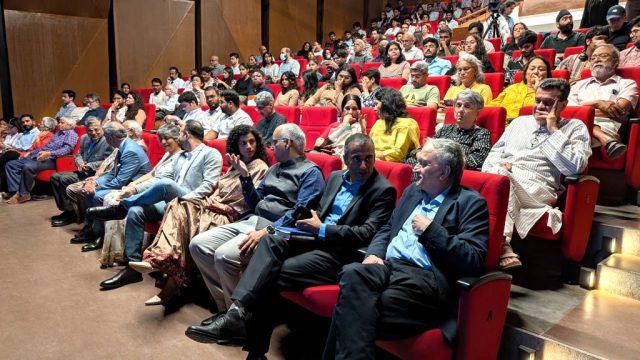
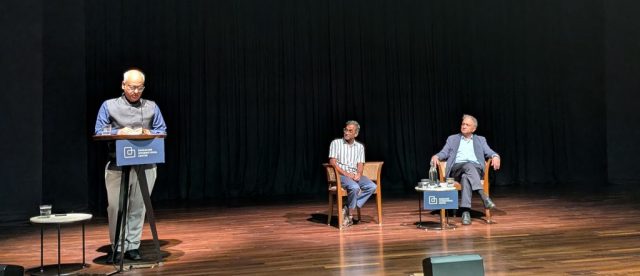
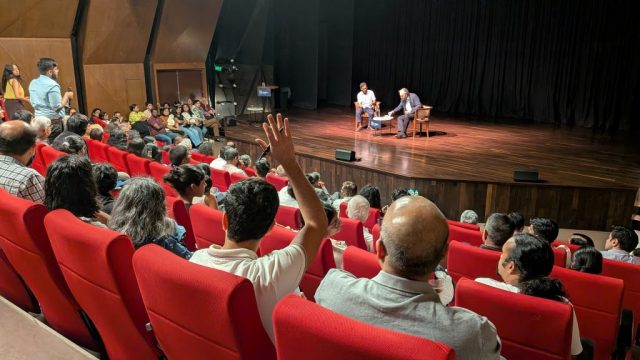
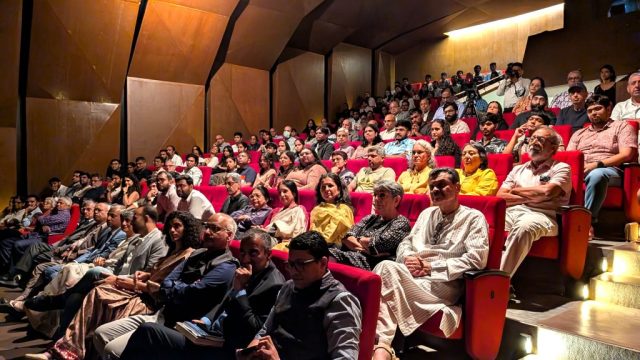
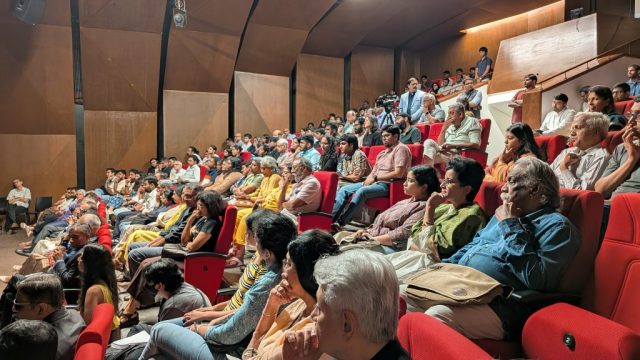
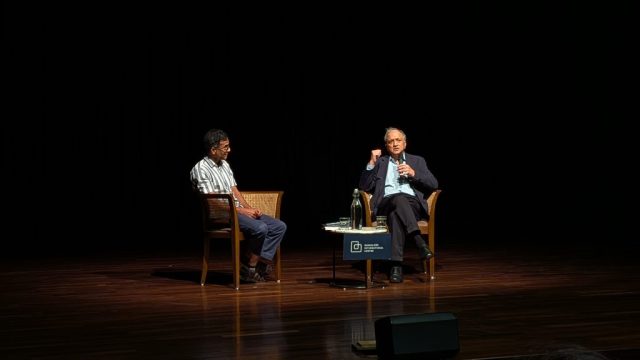
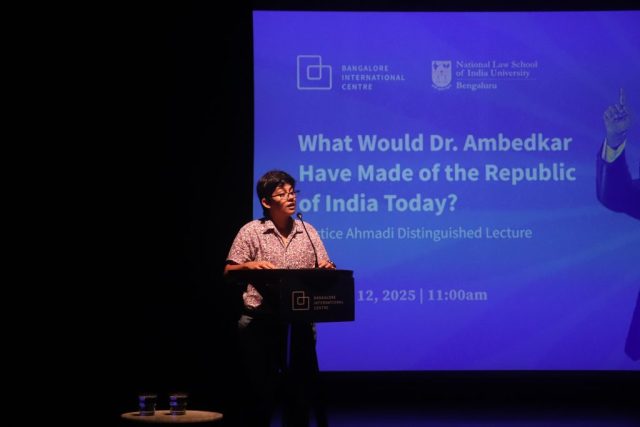
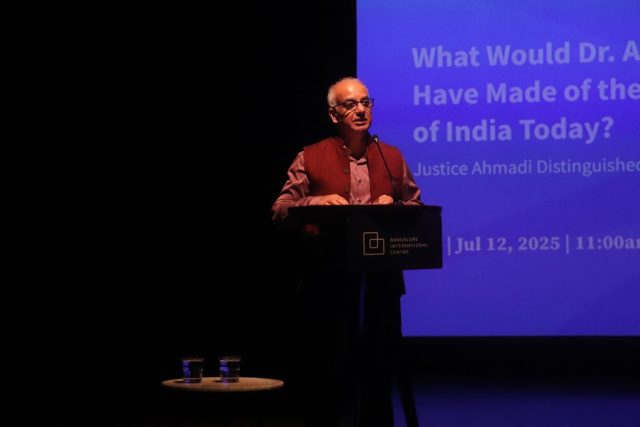
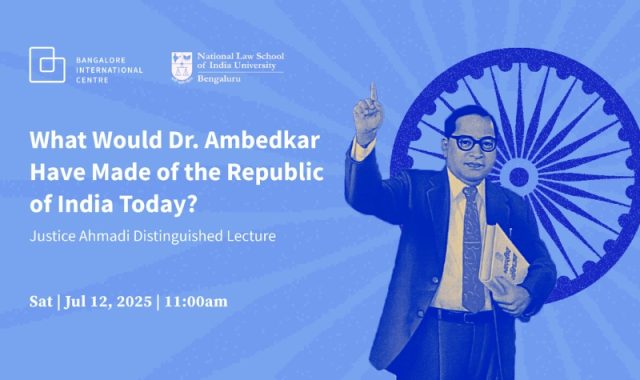
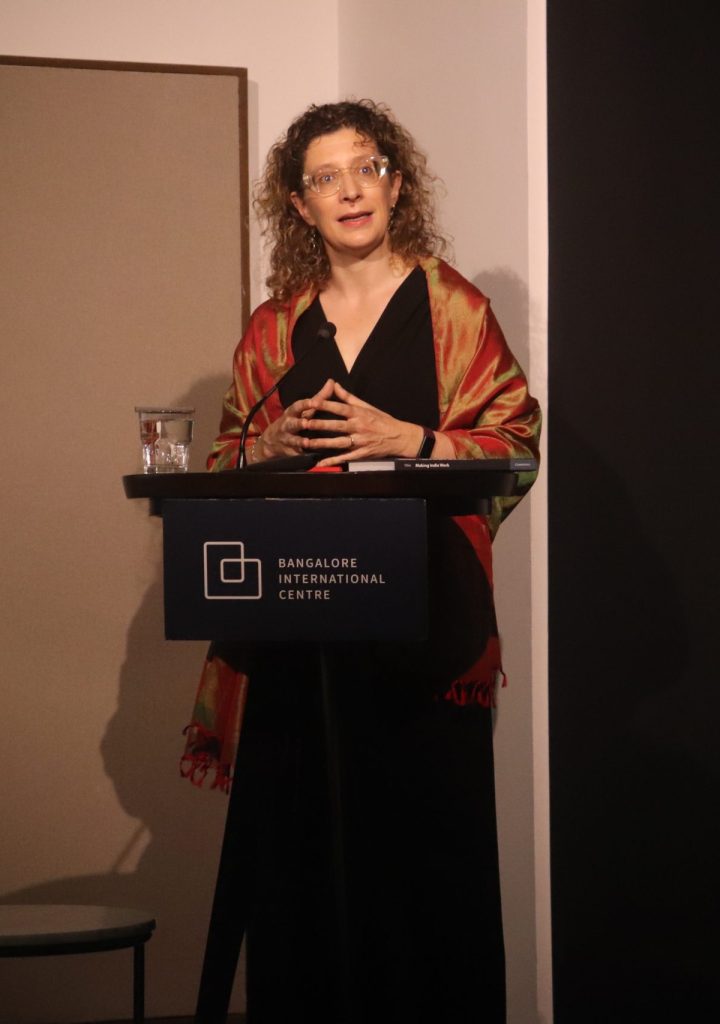 The
The 